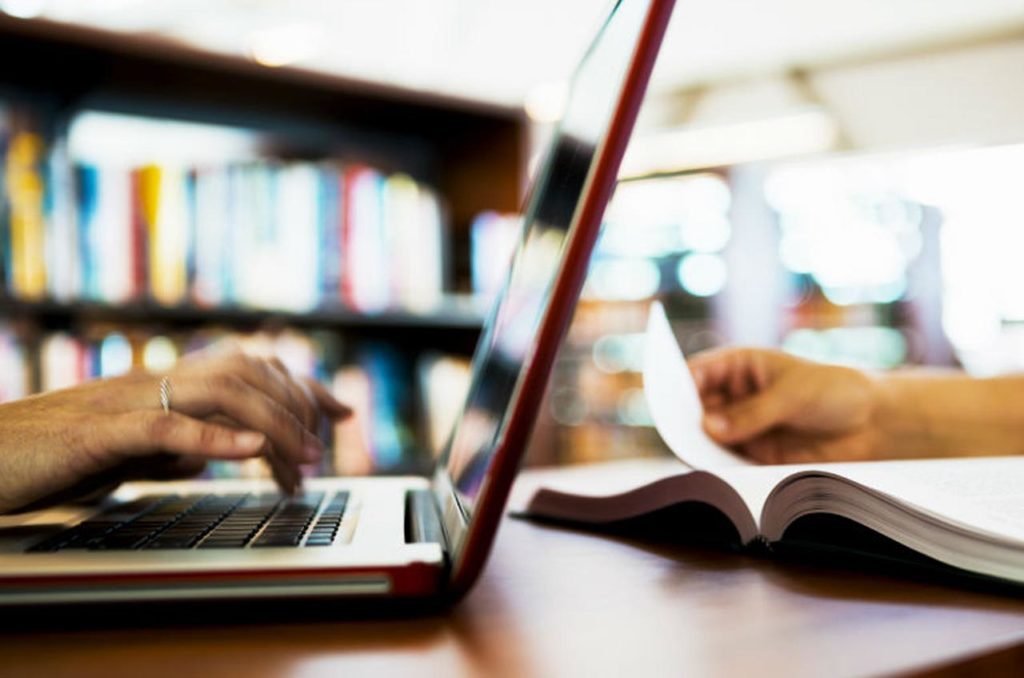Today, as the Marrakesh Treaty comes into power, India’s multi-partner way to deal with giving writings to the visually impaired/print-debilitated offers an amazing model for different nations to take after.
Today is an essential day for visually impaired and other print-debilitated individuals over the globe, as it denotes the section into the power of a universal settlement intended to convey uniquely adjusted writings to those influenced by a scope of inabilities that meddle with the compelling perusing of printed matter.
It is known as the Marrakesh Treaty and today I am approaching different nations to take after India’s lead — as the primary country to join the supposed ‘Books for Blind’ arrangement and afterward as a pioneer in actualizing the settlement that will profit India’s outwardly impeded nationals as well as millions more around the globe.
As indicated by the World Health Organization, somewhere in the range of 285 million individuals overall live with visual impedances. In the meantime, the World Blind Union gauges that kids who are visually impaired have an under 10 for each penny shot of going to class — a circumstance that could be enhanced if schools had prepared access to writings adjusted for use by outwardly weakened youngsters.
India, driving the way
The Marrakesh Treaty speaks to a huge stride towards making books accessible to everybody, by facilitating the creation and exchange crosswise over national limits of writings in open arrangements, for example, Braille, sound, or substantial print. With access to data and instructive materials, visual impairment requires never again be an obstruction to learning, occupation and full cooperation in the public eye.
As such, 22 nations have joined the Marrakesh Treaty, yet numerous more are required: each new country that joins brings along a populace in need, as well as an abundance of printed matter that can all the more effortlessly be made open in different nations.
Joining the arrangement is the simple part, be that as it may. Guaranteeing that books turn out to be generally accessible to individuals who are visually impaired or print-crippled takes persistence, tolerance, and logistical exertion.
To start with, the books should be adjusted into available configurations either by libraries for the visually impaired, associations serving the print-incapacitated or at the source by distributors (counting Departments of Education) so that the writings can be “read” utilizing assistive innovation on PCs, telephones or electronic Braille gadgets. Once delivered, these available books should be disseminated to the general population that needs them, including to populaces that may live a long way from major urban zones.
These are regular difficulties in numerous nations and India has been a pioneer, having in June 2014 turn into the primary nation to sanction the Marrakesh Treaty. Furthermore, it didn’t stop there. India has not postponed in preparing itself to guarantee the Marrakesh Treaty benefits its kin.
For instance, the ‘Available India Campaign’ has given an across the country lead battle to general access for individuals with inabilities. What’s more, India has started the usage of the Marrakesh Treaty through a multi-partner approach, which incorporates coordinated effort among key players, for example, government services, neighborhood champions like the DAISY Forum of India, and the private segment. This prompted the dispatch in August of India’s biggest accumulation of online available books called “Sugamya Pustakalaya”, which tallies 2,00,000 volumes.
Building an available book bank
The World Intellectual Property Organization (WIPO), a United Nations association situated in Geneva, regulates the Marrakesh Treaty and leads collusion of private and open accomplices known as the Accessible Books Consortium (ABC), which was built up in June 2014 to bolster the objectives of the arrangement.
The ABC has set up a brought together electronic multilingual inventory of open books delivered by libraries for the visually impaired the world over. Through the ABC Book Service, which is free, associations serving the print-debilitated can supplement their accumulations of open books from their partners in different nations.
The ABC Book Service can help with keeping the same book from being created in open arrangements by more than one library, subsequently maintaining a strategic distance from duplication. It is trusted that Sugamya Pustakalaya will soon turn into an individual from the ABC Book Service, in this manner joining a universal library-to-library administration oversaw by WIPO in Geneva. Nineteen libraries for the visually impaired from 16 nations are as of now partaking in this administration, and I am cheerful to report today that more than 1,00,000 credits have now been made to outwardly disabled people the world over through the taking part associations.
ABC is keeping on setting up activities in India, including via preparing distributors, libraries and NGOs in the creation of open books, and in addition giving financing to deliver instructive materials in available configurations. Without these materials, understudies either can’t get to their educational programs or are subject to books being perused so anyone might hear to them.
Notwithstanding actualizing ventures in India, ABC has additionally settled preparing and specialized help ventures in Bangladesh, Nepal and Sri Lanka, and it is evaluated that 88,500 understudies with visual disabilities in these four nations will profit by ABC ventures in the up and coming year. ABC arrangements to extend its ability building projects to Africa and Latin America, guaranteeing that these transformative employments of innovation can help access to books for individuals who are visually impaired or print-handicapped the world over.
Today, as the Marrakesh Treaty produces results in India and somewhere else, India’s multi-partner approach gives a fantastic model to different nations to take after. WIPO anticipates numerous more nations actualizing the Marrakesh Treaty so that print-crippled individuals around the globe can profit by the new parkways to get to now accessible to Indians.


